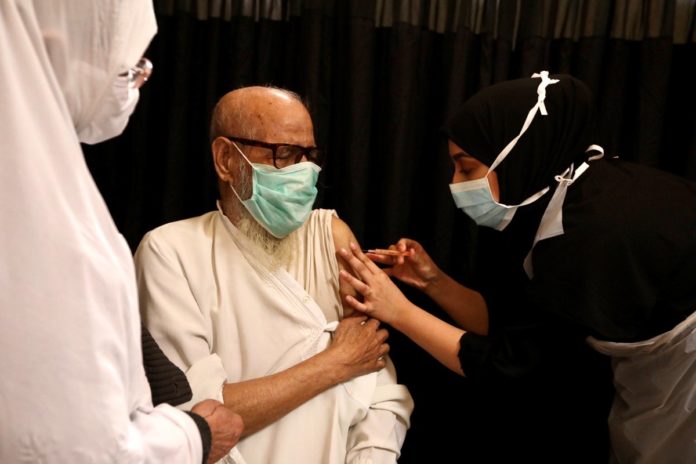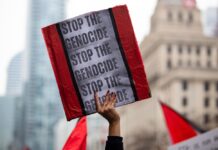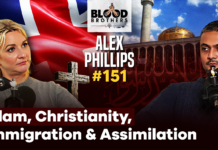New data has revealed that 7 out of 10 British Muslims are either willing to or have already taken the COVID-19 vaccine.
A survey of 1,026 Muslims by the Muslim Census organisation found that 56% were willing to take the vaccine, with 15% having already taken it. On the other hand, 16% remained unsure and 13% were reluctant.
The data – which the report authors admit is just a snapshot of Muslim opinion – suggests less vaccine hesitancy amongst the Muslim population than has previously been suggested.
At the end of 2020 a report from the Royal Society for Public Health UK found that people of Black, Asian and minority ethnic backgrounds were over 20% less likely to want to take the vaccine compared to their White counterparts.
Around the same time SAGE reported a much higher figure, highlighting that 72% of Black and 42% of Pakistani/Bangladeshi people were hesitant about taking the vaccine.
Despite the surprisingly pro-vaccine results, the high number of Muslims expressing concern about the vaccine (29%) still far exceeds scepticism within the general population.
A recent poll by YouGov revealed that 86% of Britons were willing to take the vaccine – a percentage which has been steadily increasing since a media information campaign has intensified.
Subscribe to our newsletter and stay updated on the latest news and updates from around the Muslim world!
Why are people refusing the vaccine?
Muslim Census said vaccine hesitancy among Muslims is concentrated within the 28-45 age bracket – 35% of people of that age were either unsure or unwilling to take the vaccine.
In terms of ethnicity splits, the highest level of reluctance came from Black Muslims, of which 42% chose “no” or “not sure.” For the other ethnicities, the survey recorded the following percentages that selected “no” or “not sure”: 34% Indian, 30% Pakistani, 22% Bangladeshi and 20% Arab.
The results found that the primary reason people were apprehensive about the vaccine stemmed from fears over potential side effects (66%).
The second most reoccurring concern (51%) was the fear over how quickly the vaccine has been produced.
Answers then varied from some participants believing they do not need the vaccine, others not trusting the government, whilst a small proportion were concerned that the vaccine itself might cause COVID-19 or was haraam.
Adiba Borsha, of Muslim Census, said: “Although we have seen a massive uptrend in Muslim community willingness to take the vaccine, clearly more work is still to be done. As the vaccine rollout reached the 15 million goal on the 14th of February, an assessment on figures from GPonline found that only 7.8% of vaccines have been distributed to ethnic minority communities.
“The Muslim community have already acknowledged this issue and are attempting to address it through undertaking a unified and local response. Efforts from Islamic institutions, such as East London Mosque, have set up pop-up vaccination clinics, run by local General Practitioners to encourage as many eligible local residents to take the vaccine.
“The vital work from British Islamic Medical Association (BIMA) cannot also be undermined. BIMA has worked relentlessly at educating the Muslim community with reliable and thoroughly researched data to help break down concerns and facilitate better understanding.”




















